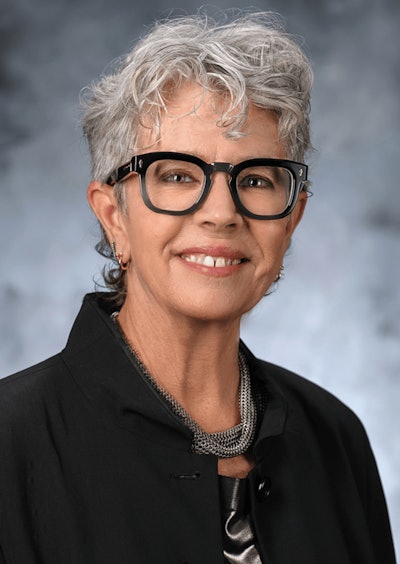Incoming graduate students at the University of California, Santa Barbara (UCSB) can now qualify for the Racial Justice Fellowship program, which was established in response to the ongoing police violence and systemic racism protests across the country.
By offering financial assistance, the initiative aims to recruit students dedicated to racial justice through research, teaching and mentorship.
 Dr. Leila Rupp
Dr. Leila Rupp“Students in a variety of disciplines are engaged in research that explores the historical roots or contemporary experiences of racism,” said Dr. Leila Rupp, interim Anne and Michael Towbes Graduate Dean at UCSB, in a statement. “[That includes] the educational, environmental, health or economic disparities impacting Black, Indigenous and communities of color [as well as] cultural, social and political antiracist resistance and other ways in which systemic racism and responses to it have shaped and continue to shape human societies.”
To qualify for the program, incoming graduate students across disciplines are nominated by their department. For the next three years, four fellowships will be awarded annually.
“From an admissions and outreach perspective, we hope the Racial Justice Fellowship program highlights our commitment towards equity in graduate studies and our support for incoming scholars from diverse backgrounds,” said Walter Boggan, graduate director of admissions, outreach, and diversity at UCSB.
This fall, over 40% of students entering their doctoral, masters and credential programs through the Gevirtz Graduate School of Education represent African American, Native American and Latinx communities, according to UCSB.
In addition to a fully-funded five-year package, the fellowships will provide students with $8,000 to cover summer costs. Deans have allocated a percentage of their department funding to go toward the fellowship and the Graduate Division will cover the remaining cost. Rupp said additional fundraising will follow to create more fellowships.
“Our goal is to raise sufficient funding to make this a regular part of our fellowship program,” she said. “Not all graduate students have summer support, so these stipends will provide living expenses where needed. Students may utilize the funds in any way they see fit.”
The fellowship program was part of a collaborative effort among UCSB’s Graduate Division and deans from the Division of Mathematical, Life and Physical Science, the Bren School of Environmental Science and Management, the Division of Humanities and Fine Arts, the College of Engineering, the Gevirtz Graduate School of Education and the Division of Social Sciences.
 Walter Boggan
Walter Boggan“What is most satisfying is the enthusiasm of all the deans — from the social sciences to engineering — for this project,” said Rupp. “It shows the commitment across the university to taking positive steps in response to the persistent problem of anti-Black violence and racial injustice.”
The commitment to racial justice can also be seen in the classroom.
“Many of our departments confront these issues directly in classes focused on race, social movements and a whole range of other topics,” added Rupp. “But almost any class can incorporate insights into racial justice through attention to the demographics of the discipline or the differential impact of the topic of study on different groups in society.”
UCSB’s Graduate Division also implemented other programs to foster a more inclusive campus environment. For example, underrepresented first- and second-year doctoral students receive mentorship as well as professional development and networking opportunities through the Graduate Scholars Program. An on-campus counselor also offers academic support for students and carries out faculty mentorship and diversity training.
“Valuing a commitment to racial justice and providing support for students who embody that commitment are essential to success in this endeavor,” said Rupp.
Students can continue to engage with on-campus organizations for support such as Women in Science and Engineering, Society for the Advancement of Chicanos and Native Americans in Science and the Black Graduate Student Association.
“Society is raising more complex questions which require more complex research and solutions,” said Dr. Carlos Nash, director of graduate diversity programs, in a statement. “The lived experience of the people asking the questions are diverse, and we need highly-informed, multifaceted research to develop complex solutions. The university’s core missions are teaching, research and public service. We definitely have a role in addressing social needs and issues.”
Sarah Wood can be reached at [email protected].















